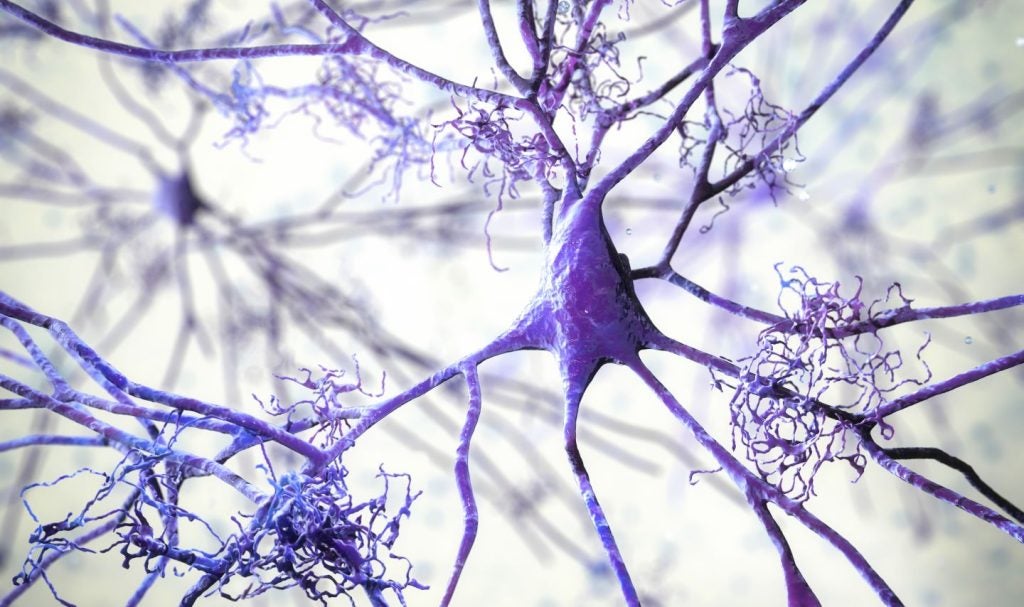Passage Bio has reported initial data from its three Cohort 1 patients in the Phase I/II upliFT-D clinical trial of adeno-associated virus (AAV)-delivery gene therapy, PBFT02, to treat frontotemporal dementia (FTD) with granulin (GRN) mutations.
Using an AAV1 viral vector, PBFT02 offers a functional copy of the GRN gene in people having mutations in the gene encoding progranulin.
The international, open-label, multi-centre, dose-escalation trial is designed to evaluate a single injection of PBFT02 administered into the cisterna magna in FTD-GRN patients aged 35 to 75 years.
Two dose levels of the gene therapy will be analysed in the trial.
Evaluating the tolerability and safety of PBFT02 is the trial’s primary endpoint while disease biomarkers and clinical outcome measures will comprise secondary endpoints.
As per the preliminary safety and biomarker data, three Cohort 1 subjects in the trial who received dose one of the gene therapy, had a significant increase in supraphysiologic cerebrospinal fluid (CSF) progranulin levels in these patients 30 days after treatment.
These higher progranulin levels were observed to be maintained for up to six months following treatment.
Furthermore, dose one was found to be well-tolerated in subjects who were given an improved steroid regimen for immunosuppression.
Along with this development, the company announced its strategic priorities for the future.
Passage Bio plans to advance the clinical development of PBFT02 for FTD-GRN treatment and will seek its potential in further neurodegenerative ailments in adults, such as FTD-C9orf72, amyotrophic lateral sclerosis (ALS) and Alzheimer’s disease.
Through the Penn Gene Therapy Program collaboration, the company will also explore a preclinical programme for Huntington’s disease indication.
Passage Bio president and CEO William Chou said: “Driven by promising initial data for PBFT02 in FTD-GRN and evidence supporting progranulin’s role in neurodegeneration, we are refining our strategic priorities to explore the therapeutic potential of PBFT02 in multiple diseases, including FTD-C9orf72, ALS, and Alzheimer’s disease.
“As we pursue this strategy, we are actively exploring potential partnerships to advance our GM1 gangliosidosis programme as well as our other clinical-stage paediatric programmes.”









